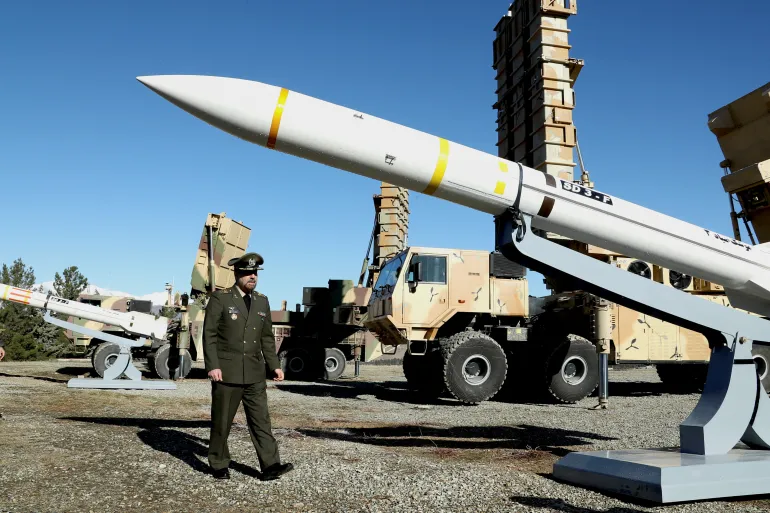Rédaction Africa Links 24 with The Africa Links 24
Published on 2024-04-18 07:30:42
Amid escalating tensions in the Middle East, Special Correspondent DOUGLAS RASBASH examines the potential outcomes of recent events. On April 13th, Iran launched a retaliatory attack on Israel using drones and missiles, following an Israeli attack on the Iranian consulate in Syria earlier in the month. The attack was reported to have been intercepted by Israel, with Iran claiming it was in response to the Israeli raid on the Iranian Embassy in Damascus. Israeli Prime Minister Benjamin Netanyahu vowed to retaliate against any harm inflicted on his country.
While Botswana may not always prioritize international events in its news coverage, behind the scenes at the Ministry of Foreign Affairs and International Cooperation, there is undoubtedly a team monitoring and analyzing the situation. Foreign Affairs Minister Dr. Lemogang Kwape emphasized the impact of Middle East instability on global peace, security, and economic development, highlighting the need for de-escalation and protection of civilians and children.
Amidst these developments, it is essential to consider potential scenarios for the future of the Middle East conflict. The first scenario involves increased international engagement to find a lasting solution, though historical challenges and geopolitical interests may complicate such efforts. The second scenario envisions a return to a cycle of intermittent conflict and ceasefire agreements, emphasizing the need for sustainable peace initiatives. The third scenario, a regional escalation into a full-blown war involving multiple countries, would have devastating consequences and calls for preventive measures. The fourth and most catastrophic scenario involves global powers being drawn into the conflict, potentially leading to World War III, underscoring the urgency for diplomatic efforts to avert such a scenario.
In response to these scenarios, Botswana can play a crucial role by offering its opinion, advocating for peace through regional bodies like the African Union, and engaging with international organizations such as the United Nations Security Council to prevent further escalation. Collective action and dialogue are essential to breaking the cycle of violence and fostering a more peaceful future for all stakeholders in the region.
As the international community navigates the complexities of the Middle East conflict, it is vital to prioritize de-escalation, conflict resolution, and addressing root causes to prevent further destabilization. While the path of least resistance may seem to be the status quo of attrition, sustainable peace requires concerted efforts and a commitment to dialogue. By working together and upholding diplomatic engagement, stakeholders can pave the way for a more peaceful and prosperous future in the Middle East and beyond.
Read the original article on Gazette News
